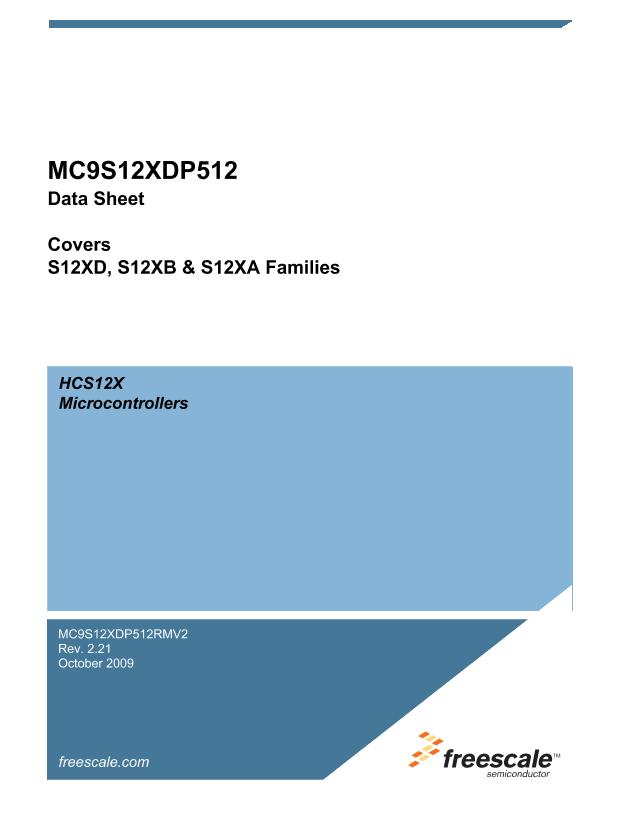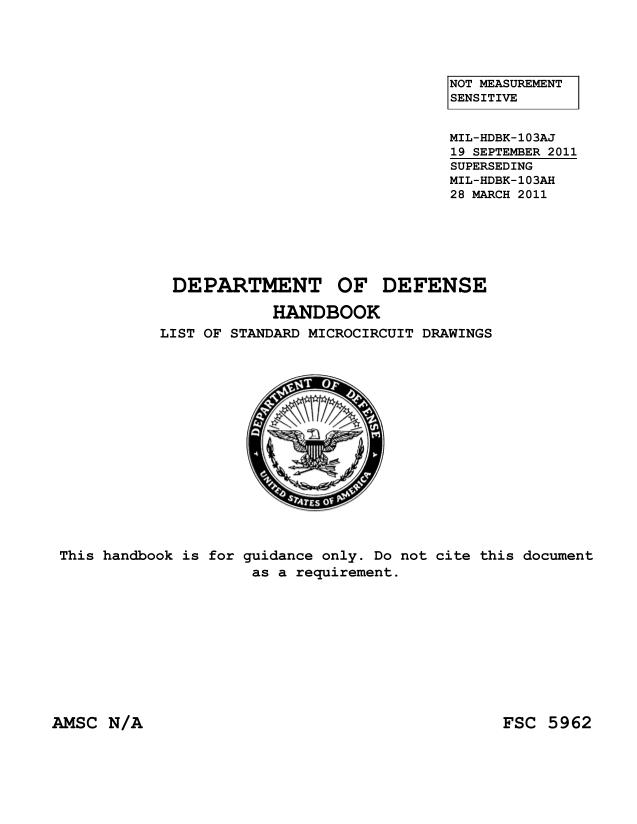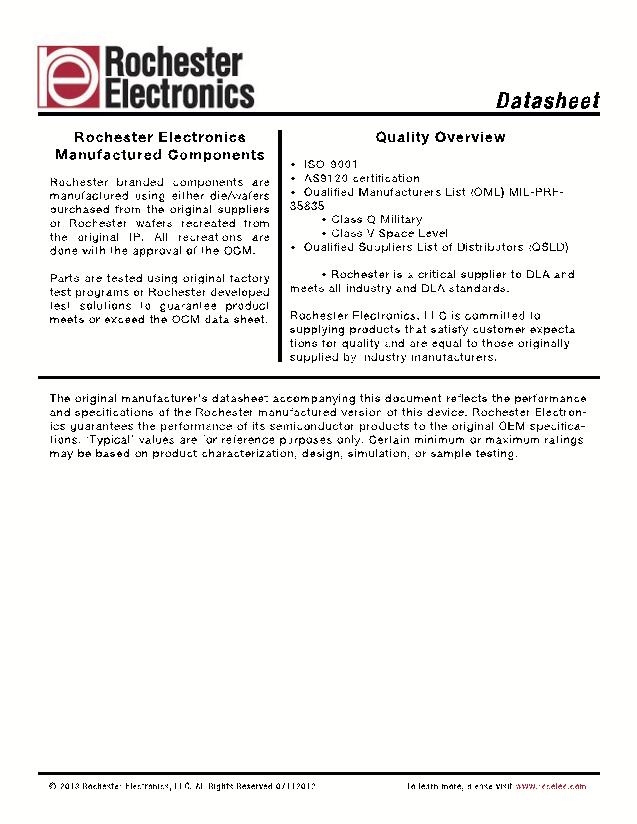
CA3106E12S-4S-B-41
| Model | CA3106E12S-4S-B-41 |
| Description | MIL Series Connector |
| PDF file | Total 68 pages (File size: 6M) |
| Chip Manufacturer | ITT |

Product Safety Information
This note must be read in conjunction with the Product
Data Sheet / Catalog. Failure to observe the advice in
this information sheet and the operating conditions
specified in the Product Data Sheet/ Catalog could
result in hazardous situations.
1. Material content and physical form
Electrical connectors do not usually contain hazardous materials.
They contain conducting and non-conducting materials and can
be divided into two groups.
a) Printed circuit types and low cost audio types which employ all
plastic insulators and casings.
b) Rugged, Fire Barrier and High Reliability types with metal
casings and either natural rubber, synthetic rubber, plastic or glass
insulating materials. Contact materials vary with type of connector
and also application and are usually manufactured from either:
Copper, copper alloys, nickel, alumel, chromel or steel. In special
applications, other alloys may be specified.
2. Fire characteristics and electric shock hazard
There is no fire hazard when the connector is correctly wired and
used within the specified parameters. Incorrect wiring or assembly
of the connector or careless use of metal tools or conductive fluids,
or transit damage to any of the component parts may cause electric
shock or burns. Live circuits must not be broken by separating mated
connectors as this may cause arcing, ionization and burning.
Heat dissipation is greater at maximum resistance in a circuit.
Hot spots may occur when resistance is raised locally by damage,
e.g. cracked or deformed contacts, broken strands of wire.
Local overheating may also result from the use of the incorrect
application tools or from poor quality soldering or slack screw
terminals. Overheating may occur if the ratings in the product
Data Sheet / Catalog are exceeded and can cause breakdown of
insulation and hence electric shock. If heating is allowed to
continue it intensifies by further increasing the local resistance
through loss of temper of spring contacts, formation of oxide film
on contacts and wires and leakage currents through carbonization
of insulation and tracking paths. Fire can then result in the
presence of combustible materials and this may release noxious
fumes. Overheating may not be visually apparent. Burns may result
from touching overheated components.
3. Handling
Care must be taken to avoid damage to any component parts of
electrical connectors during installation and use. Although there
are normally no sharp edges, care must be taken when handling
certain components to avoid injury to fingers. Electrical connectors
may be damaged in transit to the customer, and damage may
create hazards. Products should therefore be examined prior to
installation / use and rejected if found to be damaged.
4. Disposal
Incineration of certain materials may release noxious or even toxic
fumes.
5. Application
Connectors with exposed contacts should not be selected for use
on the current supply side of an electrical circuit, because an
electric shock could result from touching exposed contacts on an
unmated connector. Voltages in excess of 30 V ac or 42.5 V dc are
potentially hazardous and care should be taken to ensure that
such voltages cannot be transmitted in any way to exposed metal
parts of the connector body.
The connector and wiring should be checked, before making live,
to have no damage to metal parts or insulators, no solder blobs,
loose strands, conducting lubricants, swarf, or any other undesired
conducting particles. Circuit resistance and continuity check should
be made to make certain that there are no high resistance joints or
spurious conducting paths.
Always use the correct application tools as specified in the Data
Sheet / Catalog. Do not permit untrained personnel to wire,
assemble or tamper with connectors. For operation voltage please
see appropriate national regulations.
Important general information
(i) Air and creepage paths/Operating voltage. The admissible
operating voltages depend on the individual applications and the
valid national and other applicable safety regulations.
For this reason the air and creepage path data are only reference
values. Observe reduction of air and creepage paths due to PC
board and/or harnessing.
(ii) Temperature. All information given are temperature limits.
The operation temperature depends on the individual application.
(iii) Other important information. Cannon continuously endeavors
to improve their products. Therefore, Cannon products may
deviate from the description, technical data and shape as shown
in this catalog and data sheets.
Dimensions shown in mm
Specifications and dimensions subject to change
www.ittcannon.com
65










































































